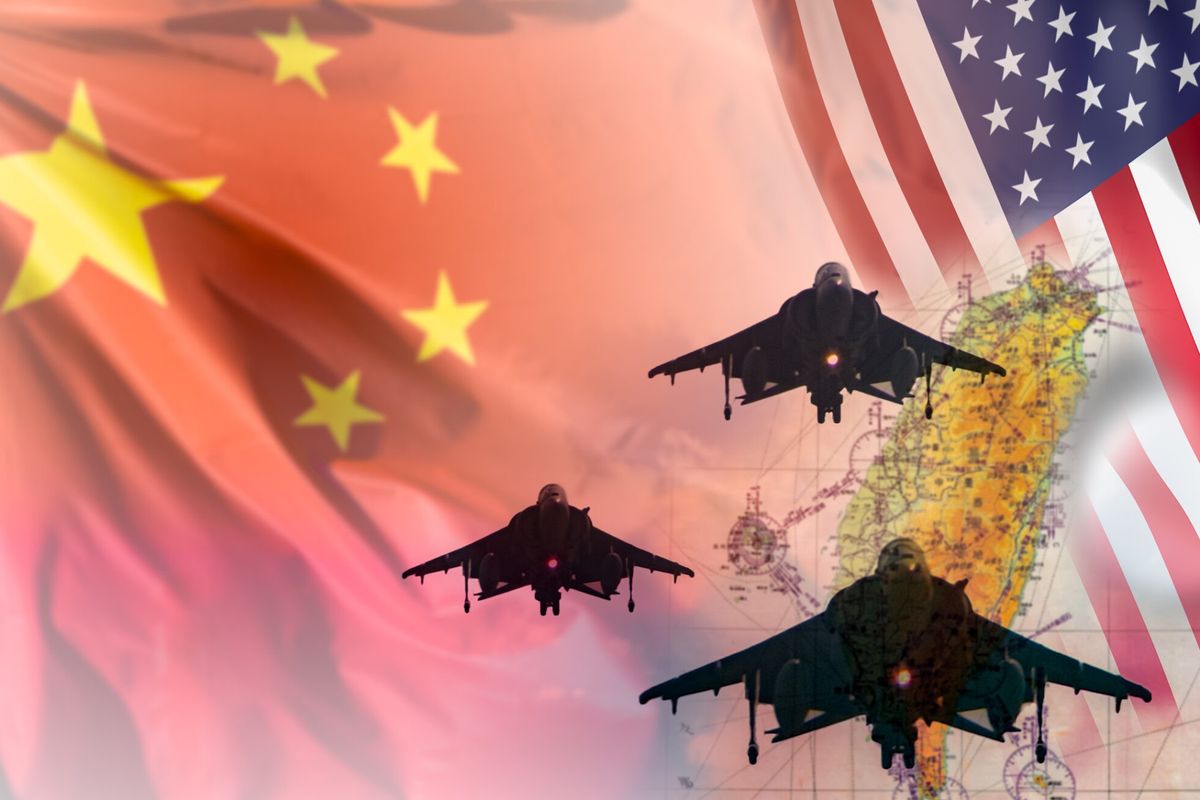The presidency of Donald Trump has had a rocky start, punctuated by embarrassing personnel shakeups, sloppy messaging, and major policy changes. However, the administration has remained relatively consistent on one central economic theme, first introduced in the campaign and vigorously pursued after President Trump’s inauguration, that of “America First.” From strict new immigration policy proposals – including a wall along the U.S. border with Mexico – to an executive order confirming the administration’s intent not to ratify the Trans-Pacific Partnership (TPP), Trump’s White House appears to be signaling a general retreat from America’s historic role as the leading global advocate of free trade, economic liberalization, and multilateralism.
Now, other countries are looking to step into this void. Chinese President Xi Jinping has been particularly eager to throw his hat into the ring, denouncing protectionism as akin to “locking oneself in a dark room” at the World Economic Forum summit in Davos, Switzerland this year, calling for renewed action on climate change, and attempting to position China as a champion of free trade and multilateral globalism. Similarly, the remaining members of the TPP recently finished up a meeting in Chile where they spoke positively about continuing the trade pact without the United States.
How will U.S. trading partners and allies realign their relationships in a world where the goals and values of erstwhile competitors may more accurately reflect their priorities than those of their greatest friend?
There is little doubt that a new convergence of interests is emerging between countries and leaders looking to diversify their economic relationships away from the United States. This trend is especially evident in trade. According to Gary Hufbauer, Senior Fellow at the Peterson Institute of International Economics, “there is a lot of ferment going on, a real rhetorical response to the inward-looking policies of the United States under the Trump administration.”
Japan and the European Union are redoubling efforts to conclude four years of free trade talks in order to, in the words of Japanese Prime Minister Shinzo Abe, “show the world the flag of free trade as a model.” Similarly, during their meeting in Chile this March, the remaining TPP members made positive noises about moving a rump Pacific trade agreement forward without Washington. In contrast to such liberal talk, the Trump administration broke a decade-long tradition by blocking a communique endorsing free trade at the meeting of G20 (Group of 20) finance ministers and central bankers in Germany this March.
Beijing has wasted little time capitalizing on this rhetorical disconnect. At Davos, President Xi not only denounced economic protectionism, he also sought to promote China as a global leader in areas like climate change, where President Barack Obama played a key role leading international negotiations, but President Trump has so far dismissed. Practically, China is also pushing to revive or begin new trade talks with previously reluctant partners who, in light of the Trump administration’s stated policies, may now be motivated to look past China’s deficiencies. In particular, Beijing has reportedly launched a concerted charm campaign in the European Union, designed to jump-start talks previously marred by issues like China’s treatment of foreign companies and an international court ruling against China’s South China Seas policy. As part of this effort, Beijing has dropped its public push to be recognized as a market-driven economy at the World Trade Organization, and is lobbying European officials to move the annual EU-China summit up from its normal date in July.
However, says Hufbauer, “it’s not clear whether all this favorable rhetoric will actually turn into favorable policies and liberalizations.” Protectionist trade measures, especially non-tariff trading barriers, have been growing at “a fast clip” for some time now. And China is an especially poor exemplar for many of these issues. On trade and economic liberalization, China’s average tariff rates are substantially higher than other developed economies, and the country famously restricts the business operations of foreign firms, while pampering its massive state-owned enterprises. Similarly, on the issue of climate change, Beijing may be saying the right things, but it is the world’s largest offender, producing one-fifth of all the world’s greenhouse gas emissions.
In any event, notes Parag Khanna, author of Connectography, “it would be simple-minded to fall into the trap of thinking that all of this is about trade. Today, it’s all about investment... there is not much farther to go in terms of liberalizing global trade… but the flow of capital, the flow of investment is staggering.” Here, U.S. protectionist trade policies or threats to reduce annual contributions to major multilateral financial institutions like the World Bank might have some effect on the direction of capital flows.
But, at the end of the day, those flows were already diverting towards Asia, accelerated by giant new infusions of investment – particularly infrastructure investment – through institutions like the China-led Asian Infrastructure and Investment Bank (AIIB) and Beijing’s One Belt One Road (OBOR) regional development fund. “The simple fact,” says Khanna, “is that the growth in trans-Eurasian trade – trade between Europe and China, India, South Korea, Australia, ASEAN, etc. – adds up to more than trans-Atlantic trade,” and that growth is increasingly driven ever upward by rapidly accelerating investment volumes.
However, even if much of this realignment away from the U.S. is driven by preexisting forces, the rhetorical backlash against President Trump’s protectionist and anti-internationalist tendencies does seem to be producing real results. These policies, say Hufbauer, have signaled that, “at the very least, the U.S. is taking a time out from being the world economic leader.” And that message of economic retreat – as well as uncertainty about the role that Trump will play in global leadership forums like the United Nations – is creating the perception of a leadership vacuum at the heart of the international system. Much of that vacuum is psychological, says Carmen Medina, former Deputy Director of Intelligence at the CIA, stemming from the unique role that the United States has played since World War II as “an aspirational leader for the world... the aspiration of creating a more perfect human existence.” Yet, even if it is only psychological, this form of leadership has been the lynchpin of the post-World War II international order. Now, asks Medina, if the U.S. no longer plays this role, “who could?”
Fritz Lodge is an international producer at The Cipher Brief. Follow him on Twitter @FritzLodge.













